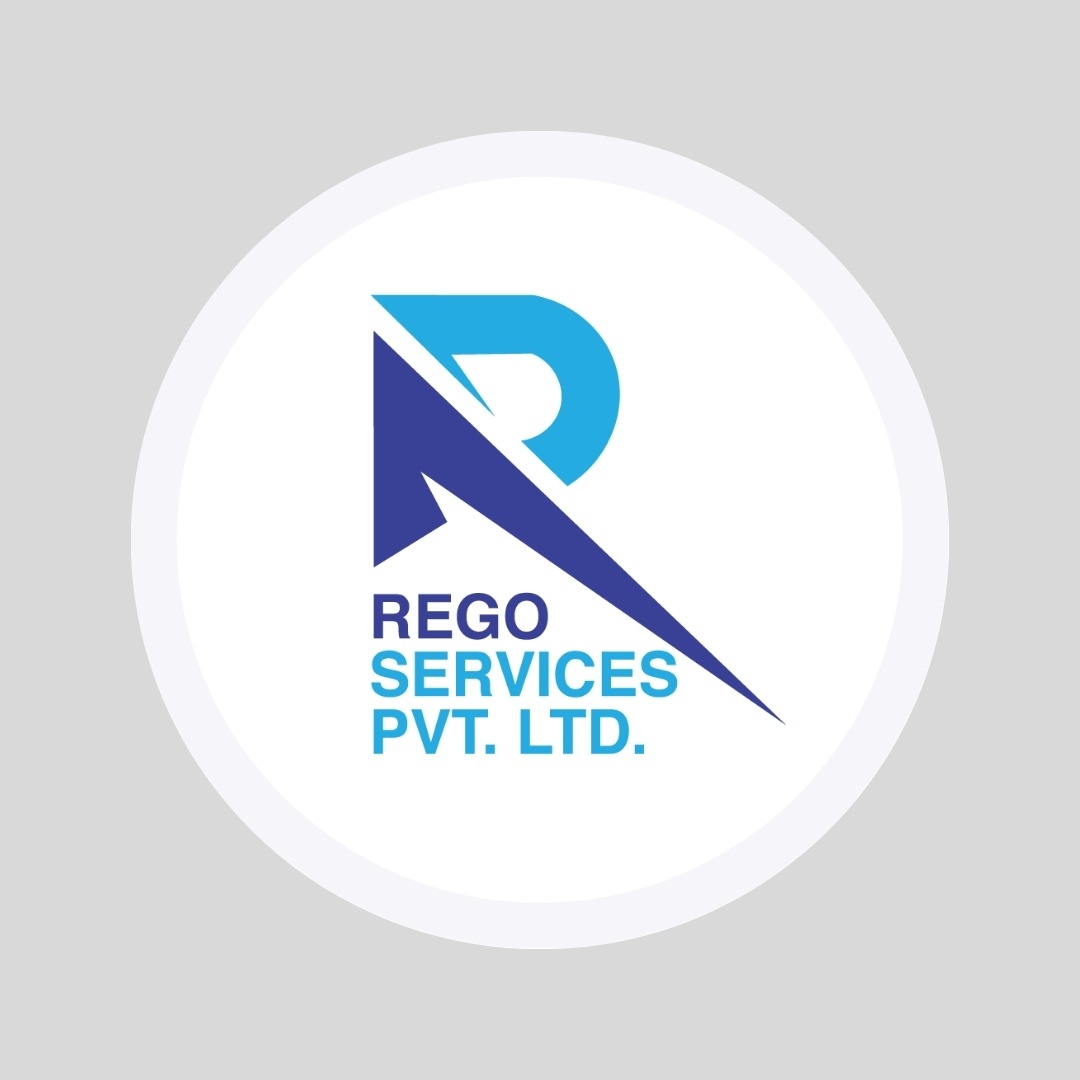The Bureau of Indian Standards (BIS) is India’s official standards body. It operates under the Ministry of Consumer Affairs and develops and enforces quality norms for products, systems, and services across sectors. As a manufacturer, BIS should be your first checkpoint when developing or importing a product for the Indian market.
- It ensures product safety and reliability.
- Enables regulatory compliance.
- Gives access to the ISI mark or CRS registration, symbols that consumers trust.
📘 Why Learning BIS Standards is Vital for Product Development Let me break it down with a simple example. Imagine you're manufacturing electric cables. Would you base your design purely on internal specs and market feedback? If you do—without referring to IS 694 (for PVC cables)—you risk producing a non-compliant product that can’t be sold legally, or worse, could be banned or recalled. By knowing the relevant BIS standard upfront, you:
- Choose the correct materials and design specs.
- Align your product testing with BIS-approved labs.
- Reduce iterations and post-production rework.
- Ensure that your product is ready for licensing and mass distribution.
🧠 How to Start Learning BIS Standards as a Manufacturer or Product Developer.Here’s the practical learning path I recommend:
1. Identify Your Product Category. Check if your product falls under a mandatory BIS scheme like:
Use the official
BIS website or connect with consultants to identify the relevant
Indian Standard (IS code).
2.
Download and Study the Standard. Once you know your IS code
(e.g., IS 302-1 for household appliances), purchase it from BIS and
study it in-depth. It will tell you:
- Design & construction requirements.
- Performance benchmarks.
- Testing methods.
- Labeling instructions.
- Safety provisions.
3.
Align Your Product Design Early. Incorporate the standard during:
- Product planning
- Raw material selection
- Prototype development
This ensures your R&D team is aligned with
regulatory expectations from Day 1.
4.
Use BIS Recognized Testing Labs. Before certification, BIS requires you to get your product tested at a BIS-approved laboratory. Testing before production helps in:
- Early detection of compliance issues.
- Avoiding production delays.
- Ensuring reliable performance results.
5.
Set Up a Quality Management System (QMS) BIS certification requires
continuous compliance, not just one-time approval. Educate your team on:
- Internal quality checks.
- Documentation standards.
- Batch testing.
- Audit preparedness.
Training your staff in
standard compliance protocols is the mark of a future-ready manufacturer.
🛠️
Teaching Through Real-World Use Cases In my workshops, I share real success stories. For example:
- A startup in Bangalore saved ₹15 lakhs in recalls by aligning their smart LED product with IS 16102 at the design stage.
- An exporter of toys to India was stopped at customs due to a missing ISI Mark under IS 9873. After learning BIS protocols, they secured licensing and expanded their business threefold.
These cases show that
knowledge of standards is not a burden—it’s a strategic advantage.
💡
For Industry Owners: Why You Must Build a Compliance-First Culture. As an industry leader, you must
lead by example:
- Invest in compliance education for your technical and operational teams.
- Appoint a compliance manager or train an internal resource.
- Align your product roadmap with regulatory updates from BIS.
When you embed compliance into your product lifecycle, you avoid surprises and build trust with customers and regulators alike.
📚
Conclusion: Compliance is the New Quality Benchmark As an educator and compliance advisor, my message to every learner, factory owner, and startup founder is clear:
“Don’t treat Indian Standards as red tape—treat them as a blueprint for excellence.”
BIS standards are not just about passing tests—they are about delivering safe, trusted, and world-class products to Indian consumers. By learning and applying BIS from the start, you
build better products,
scale legally, and
position yourself as a credible brand in the market.
🎓 Ready to Learn More? I regularly conduct
online and offline workshops on:
- BIS Certification Processes.
- Product Testing & Quality Audits.
- Indian Standards for Electrical, Furniture, and Consumer Goods.
- Building Internal Compliance Teams.
📩
Join our next session or reach out for personalized guidance at:
webinar.regoservices.com
